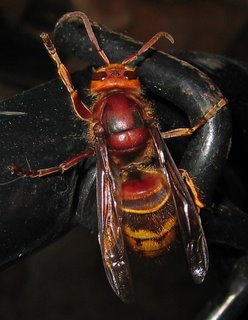popular Swedish poem
A lone ski-track
A lone ski-track that wends
its way into woodlands deep,
a lone ski-track that bends
away via ridge & steep,
via moors where blizzards rip,
and the pines are sparse and short;
such are my thoughts, as they slip
further & further apart.
An icy ski-track that slows
in the woodlands’ solitude,
a human life that flows
by ways not understood.
Far off as ever, the answers
to my oldest questions;
a dithering line on snowcrust,
my travels, my investigations.
A lone ski-track that ends
at a sudden precipice
where only a wind-worn pine
reaches out beyond the cliff.
How coldly the stars twinkle,
the wood so huddled and black,
how gently snowflakes sprinkle
the snow-extinguished track!
(translation of Ett ensamt skidspår by the Finland-Swedish poet Bertel Gripenberg (1878-1947))
I'm adding this to my category "specimens of the literature of Sweden". Literally, it's untrue, this is a specimen of the literature of Finland; and I hope I shan't offend anyone. But Finland-Swedish poets have always been widely read in Sweden, and some of their poems (like this one) are very well-known.
Labels: Bertel Gripenberg, Jean Sibelius, Poems, Specimens of the literature of Sweden






